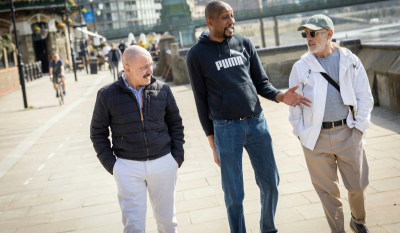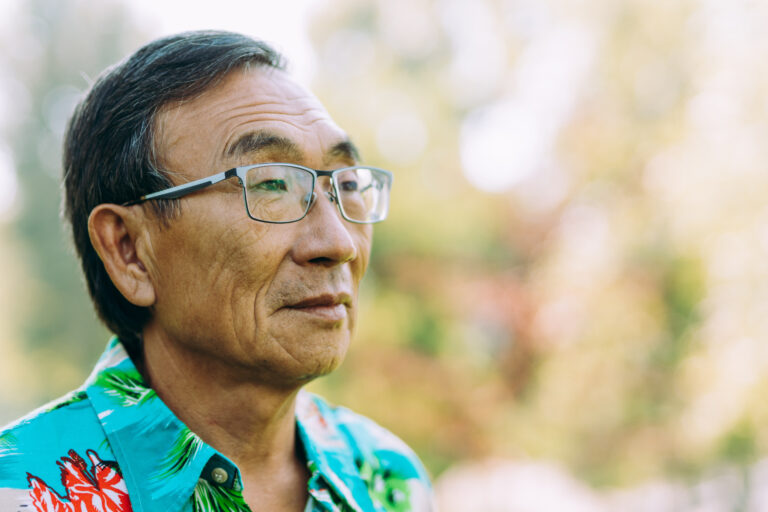Why you should start a support group
When it comes to dealing with cancer, there’s a whole community out there battling the same enemy. Support groups stand out like lighthouses in these tough times. But guess what? Leading one of these groups isn’t just about guiding—it’s about sharing, learning, and growing together. Let’s dive into how being at the helm of a prostate cancer support group is not just helpful for the members, but also incredibly rewarding for the leader.
Empowerment through Knowledge Sharing
Imagine being the person who lights the way in a dark tunnel. That’s what leading a support group is like. You get to share what you know, helping others understand their treatments and options. Take John, for instance. He’s been there, worn the patient gown, and also knows the medical world inside out. Leading his group, he breaks down complex medical jargon and offers advice that’s easy to digest, making everyone’s journey a bit less scary.
Emotional Fulfillment from Peer Support
But it’s not all about facts and figures. It’s about heart-to-heart connections too. Leaders like Sarah create a space where everyone can share their deepest fears and find comfort in each other’s stories. Sarah started leading a group because she knew exactly how it felt to need someone to lean on. When someone like Mark opens up about his fears of the cancer coming back, it’s the group’s warmth and understanding, fostered by Sarah, that gives him strength.
Personal Growth and Resilience
Leading a group is not a walk in the park. It’s challenging, but guess what? It makes you grow in ways you never imagined. You learn to listen better, communicate more effectively, and empathize on a deeper level. Alex, for example, brought his A-game from the corporate world to his support group. His own fight with prostate cancer taught him the value of patience and empathy, making him a stronger leader in every aspect of his life.
Community Impact and Awareness
And it’s not just the group members who benefit. The whole community feels the ripple effect. Leaders like Michael don’t stop at just meetings. They get everyone involved in bigger causes—like fundraising for research. Michael’s group not only supports each other but also reaches out, raising money and awareness. Their hard work doesn’t just fund research; it gets people talking about prostate cancer, highlighting the importance of early detection and support.
Conclusion
Running a cancer support group is indeed a journey packed with challenges, but oh, how rewarding it is! From sharing knowledge, offering a shoulder to lean on, growing personally, to making waves in the community—every bit of it is enriching. Leaders like John, Sarah, Alex, and Michael show us that these groups are more than just meetings; they’re about building a fortress of hope, strength, and unity. In the battle against cancer, these leaders and their groups are truly a force to be reckoned with.







